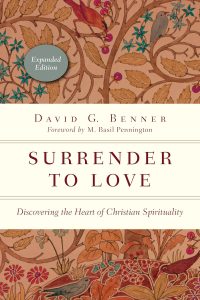 Summary: An exploration of why joy and humor should be a more important part of the spiritual life.
Summary: An exploration of why joy and humor should be a more important part of the spiritual life.
Donald Kim’s A Down and Dirty Guide to Theology, is the only book on systematic theology that I have read that includes a section on theological jokes. Kim makes the point that too often when we talk about God and Theology, only the dry stuff gets passed on. Instead Kim thought a section on theological jokes was important (in a very short introduction to theology) because it would help the reader remember that theology is not only dry academics, but rooted in a relationship with God and any relationship needs laughter. Not long after that I read David Dark’s The Sacredness of Questioning Everything. One of his chapters was on the importance of being able to laugh at yourself (and your religion).
James Martin picks up both of these ideas and expands them, looking not only at why it is important to be able to laugh at yourself and your religion but why so many of the spiritual saints have been fans of laughter and jokes.
This book caught my eye a couple years ago when it first came out. But it wasn’t until I saw Glenn Packiham recommend it on twitter a couple weeks ago that I decided to pick it up. This is my second book by James Martin, the first, a short book on Thomas Merton, Henri Nouwen, Jesus, and a few others is on the short list of best books I have read this year.




 Takeaway: A high view of scripture is not based only on literal reading. It can also be based on how seriously we take the insights into God.
Takeaway: A high view of scripture is not based only on literal reading. It can also be based on how seriously we take the insights into God.